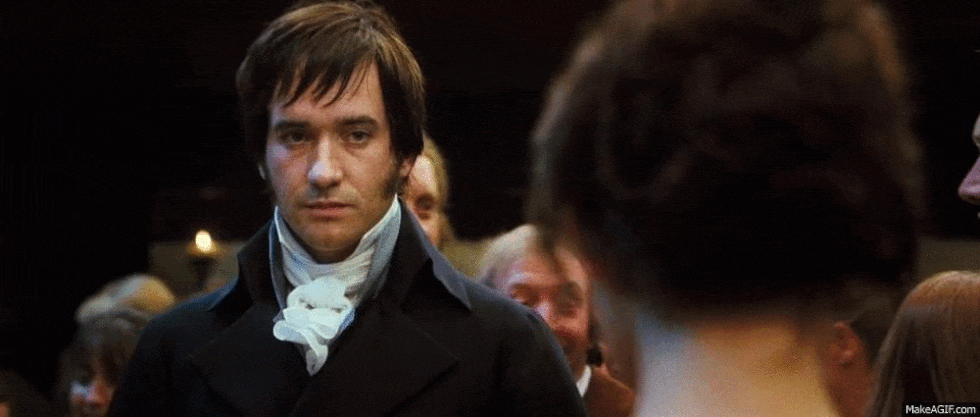In Sense and Sensibility, Austen's free indirect discourse allows access to both Elinor and Marianne's minds. However, the narrative voice itself can sometimes favor Elinor's "sense." Here's how: Word Choice: Austen might describe Marianne's emotional outbursts with words like "indulged" or "despairRead more
In Sense and Sensibility, Austen’s free indirect discourse allows access to both Elinor and Marianne’s minds. However, the narrative voice itself can sometimes favor Elinor’s “sense.” Here’s how:
Word Choice: Austen might describe Marianne’s emotional outbursts with words like “indulged” or “despair,” implying a lack of control. Conversely, Elinor’s actions might be narrated with words like “composed” or “considered,” highlighting her rationality.
Irony: Austen might employ subtle irony when depicting Marianne’s pronouncements on love. For example, a grand declaration of eternal devotion might be followed by a dry observation about the weather, casting a hint of doubt on Marianne’s sincerity.
These techniques influence the reader’s interpretation. We’re subtly nudged towards seeing Elinor’s approach as more mature and realistic, while Marianne’s emotions seem excessive and potentially misguided. This reinforces the novel’s theme of balancing reason and emotion. By highlighting the potential pitfalls of unchecked “sensibility,” Austen encourages readers to admire Elinor’s ability to navigate the world with both heart and head. However, it’s important to note that this doesn’t diminish Marianne’s emotional depth. The novel’s ending suggests a potential future where Marianne can find happiness by integrating her “sensibility” with a dose of Elinor’s “sense.”
See less

Jane Austen's masterful use of irony serves as a trenchant critique of Regency-era societal norms and expectations in her novels. In "Pride and Prejudice," Austen employs situational irony to skewer the societal obsession with marriage as a transactional necessity. Characters like Mr. Collins epitomRead more
Jane Austen’s masterful use of irony serves as a trenchant critique of Regency-era societal norms and expectations in her novels. In “Pride and Prejudice,” Austen employs situational irony to skewer the societal obsession with marriage as a transactional necessity. Characters like Mr. Collins epitomize this irony with their shallow and self-serving proposals, highlighting the superficiality underlying societal expectations. Austen further critiques the societal pressure on women through Mrs. Bennet’s relentless pursuit of advantageous matches for her daughters, exposing the dehumanizing effect of treating marriage purely as a means of social advancement.
In “Emma,” Austen employs dramatic irony to underscore the misguided perceptions of the protagonist, Emma Woodhouse, who fancies herself a skilled matchmaker. While Emma’s intentions are benevolent, her misguided efforts reveal the limitations of societal conventions dictating relationships. Austen uses this irony not merely for comedic effect but as a sophisticated literary device to provoke readers into questioning the rigid social structures of her time. By juxtaposing characters’ outward conformity with their inner contradictions and exposing the gap between appearance and reality, Austen invites readers to critically examine the societal values and expectations that continue to shape human interactions today.
See less